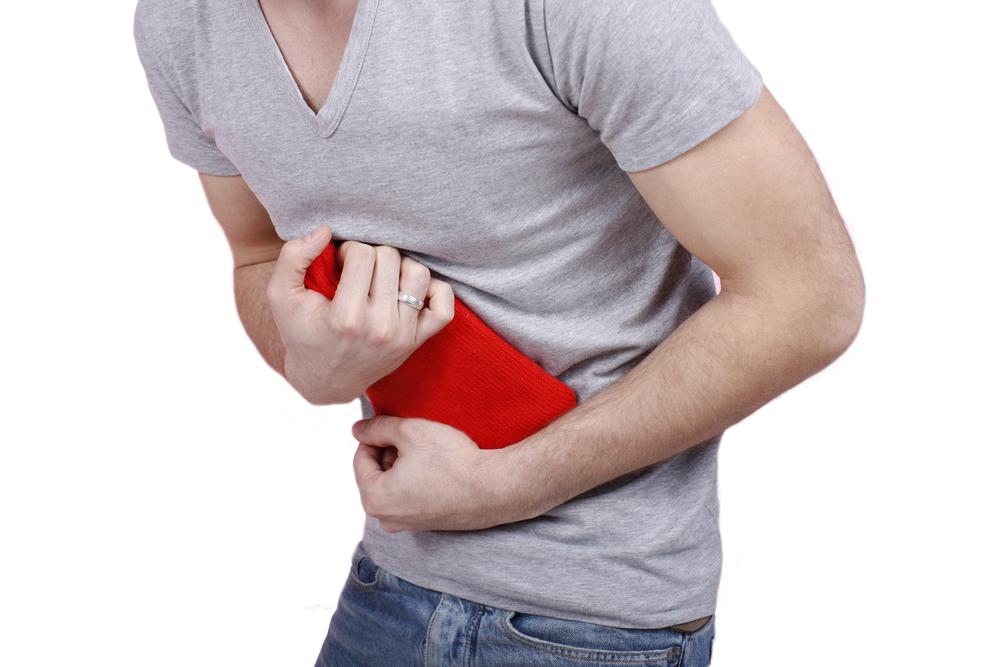Understanding Diarrhea: Causes, Treatments, and Prevention Tips
This article provides a comprehensive overview of diarrhea, covering its causes, symptoms, treatments, and preventive measures. It highlights the importance of hydration, when to seek medical help, and tips for avoiding infection, especially during travel. Understanding different types of diarrhea and appropriate management can help reduce risks like dehydration and improve outcomes, especially for vulnerable groups such as children and the elderly.

Understanding Diarrhea: Causes, Treatments, and Prevention Tips
Experiencing occasional loose, watery stools is common, but if this persists for weeks, it requires medical attention. Prolonged diarrhea can be life-threatening if untreated. Globally, over two billion cases are reported each year, causing roughly 1.5 million deaths among children under five.
What is diarrhea? It refers to frequent, sudden passage of soft or watery stools, often with stomach cramps, bloating, or gas. Blood, severe pain, fever, nausea, or an urgent need to defecate may occur in complicated cases.
Risks increase for children and elderly. Dehydration—loss of water and essential electrolytes—is the most serious complication. Replenishing fluids alone may not suffice if the body can't absorb water properly.
Types of diarrhea include:
Chronic: Lasts beyond two weeks
Enteritis: Inflammations of the intestines
Gastroenteritis: Stomach flu with nausea and vomiting
Dysentery: Diarrhea with mucus, pus, or blood
Common causes of diarrhea stem from infections by viruses, bacteria, or parasites, or could result from other factors like medication reactions or food allergies.
Viruses: They typically cause mild to moderate symptoms lasting 3–7 days, with watery stools, cramps, and mild fever. Examples include rotavirus, norovirus, and hepatitis viruses.
Treatment: Viral-induced diarrhea often resolves independently. Focus on hydration through water, juices, broths, and saltine crackers. Medications and probiotics can help manage symptoms.
Bacterial infections: Pathogens like Salmonella, E. coli, Shigella, and Campylobacter cause more severe diarrhea, often linked to contaminated food or water. Symptoms may include explosive diarrhea, cramps, fever, nausea, and blood in stool. Antibiotics are used after identifying the bacteria.
Parasitic causes: Infections by protozoa such as Entamoeba histolytica, Giardia lamblia, or Cryptosporidium can lead to prolonged diarrhea. Diagnosis through testing guides treatment, with dehydration prevention crucial, especially for vulnerable groups.
Other causes include medication side effects, irritable bowel syndrome, food intolerances (like lactose), alcohol, laxative abuse, cancer treatments, or surgeries.
When to seek medical help: If diarrhea lasts over two weeks, involves dehydration, blood in stools, or high fever, consult a doctor promptly. Children require urgent care to prevent dehydration.
Self-care and medications: While doctors advise against self-medicating, OTC options like loperamide or bismuth subsalicylate can temporarily reduce stool frequency. Always seek medical advice to determine suitable treatments.
Electrolyte replacement: Diarrhea causes significant electrolyte loss, including sodium, potassium, and chloride, which are vital for proper nerve and heart function. Replenishing these is essential to prevent complications.
Prevention tips:
Wash hands thoroughly, especially after bathroom visits, diaper changes, or before preparing food.
Use hand sanitizer when handwashing isn’t feasible.
Be cautious with food and water when traveling—avoid raw foods and salads.
If symptoms persist, consult a healthcare professional.
Tests such as stool analysis or colonoscopy may be necessary in some cases.










